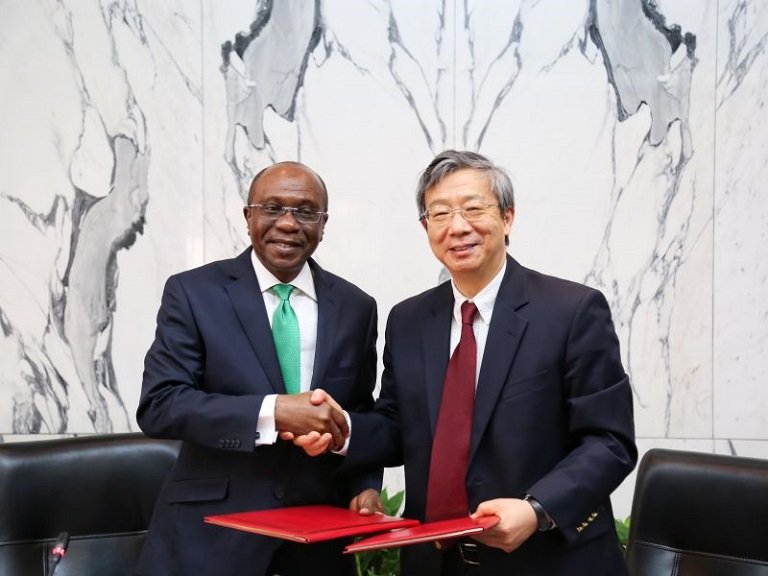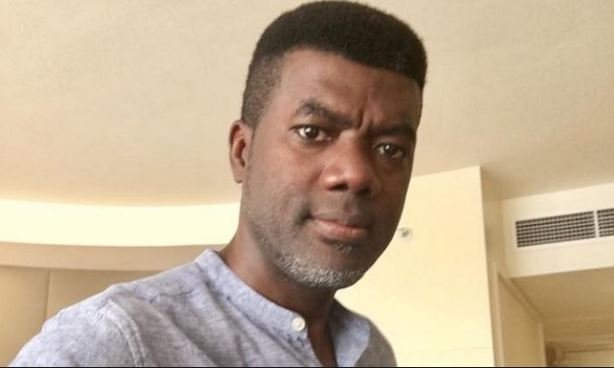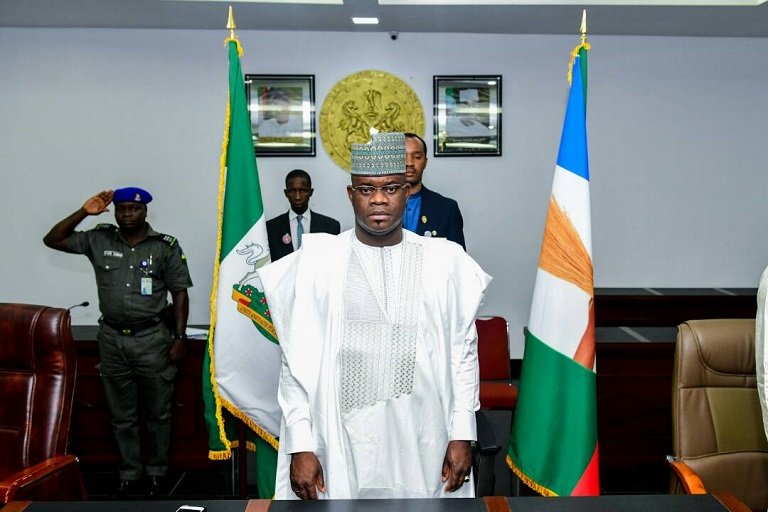Africa
US concerned about currency swap between Nigeria and China
The United States is concerned that increased currency swap agreements between China and Nigeria arguing it will make it harder to prevent money laundering


The United States is concerned that increased currency swap agreements between China and African nations including Nigeria will reduce visibility into financial transactions and will make it harder to prevent money laundering, a senior US sanctions official said on Thursday.
Marshall Billingslea, the US Treasury Department’s assistant secretary for terrorist financing, told a congressional hearing that while there was greater interest in using the yuan, most African countries still found it necessary to ultimately clear trade in US dollars.
He was responding to questions by Republican Representative Chris Smith, who cited a $2.5 billion currency swap agreement between China and Nigeria to facilitate trade between the two countries, and a meeting of African finance leaders in June that sought to discuss using China’s yuan as a reserve currency for the region.
READ: ‘Paperweight Dogara’ will be crushed at the polls – APC
Nigeria is the third African nation to agree a currency swap deal with China.
“You are very much onto something of great concern to us as well,” Billingslea replied, referring to increased currency swap agreements between China and African governments.
“That said, there remains a great desire among most of the countries in Africa to maintain correspondent banking relationships with US banks. At the end of the day they still are finding it necessary to ultimately clear trade in US dollars,” he said.
He said maintaining those correspondent banking ties was “our best line of defense to ensure we maintain not just a degree of transparency and visibility into the transactions in Africa but … further to ensure that anti-money laundering standards are being applied.”







